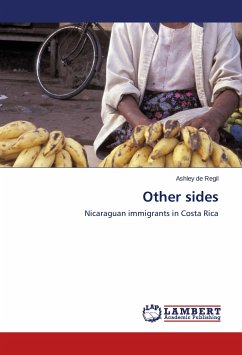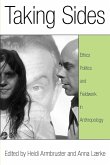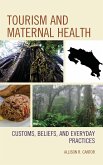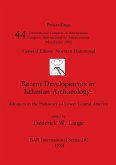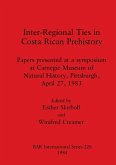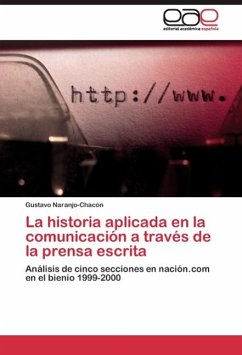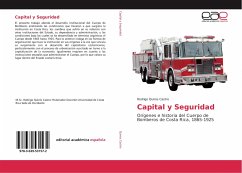In today's globalized world, few countries are strangers to the phenomenon of international migration. History has shown repeated violations of human rights towards immigrants, for reasons as skin deep as ethnicity, or religious, language or cultural differences. Despite the lessons that time has told, a fear or rejection of immigrants remains strong in many countries. Mainstream discourse relies on unresolved paradoxes that portray immigrants as a threat or a burden to the receiving country, while also working in areas that national citizens won't. These arguments fail to address ways in which immigrants often uphold a certain system and the global chain of production, also failing to consider our rights and responsibilities as global citizens. "Other sides" explores the particular instance of Nicaraguan immigrants living in Costa Rica: the historical, social, political, economic and personal dynamics that shape their experience as immigrants and how their presence is perceived within Costa Rica. Taking into account a number of different perspectives, this research unravels some of the major paradoxes and moves towards a broader understanding of this case in point.
Bitte wählen Sie Ihr Anliegen aus.
Rechnungen
Retourenschein anfordern
Bestellstatus
Storno

